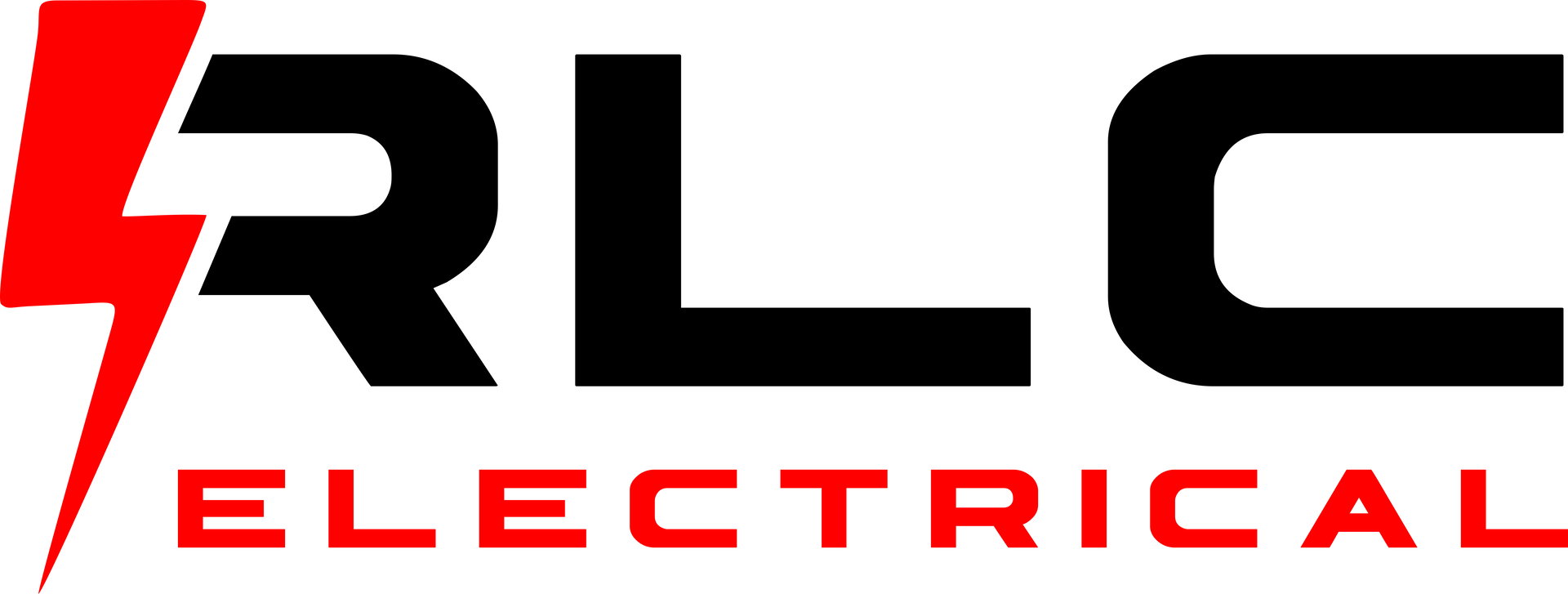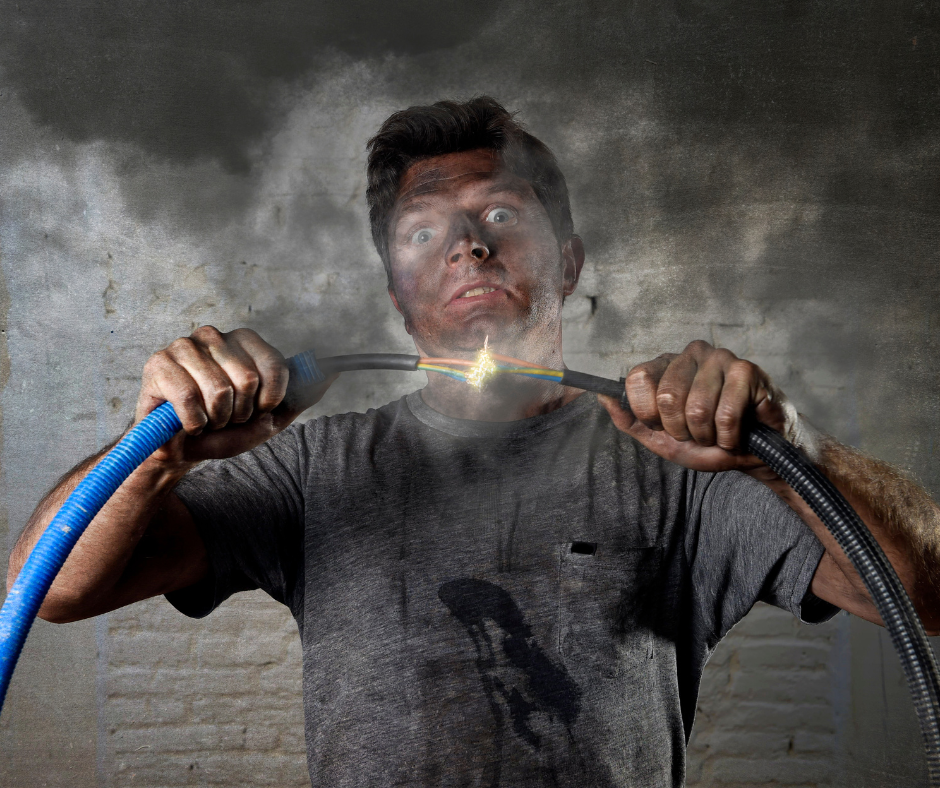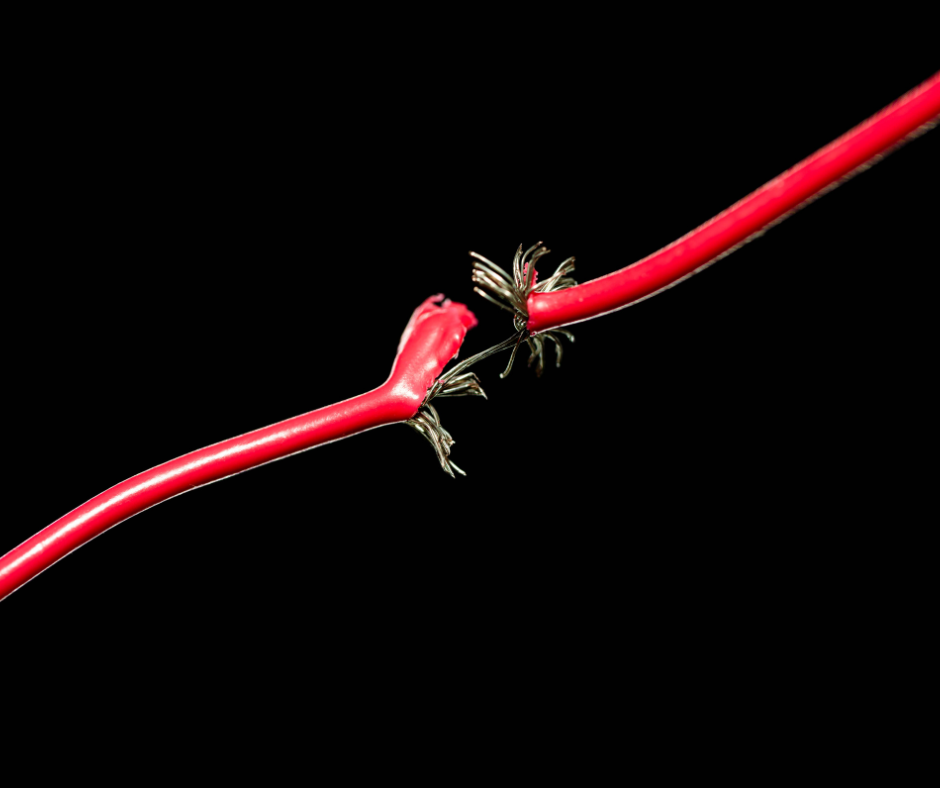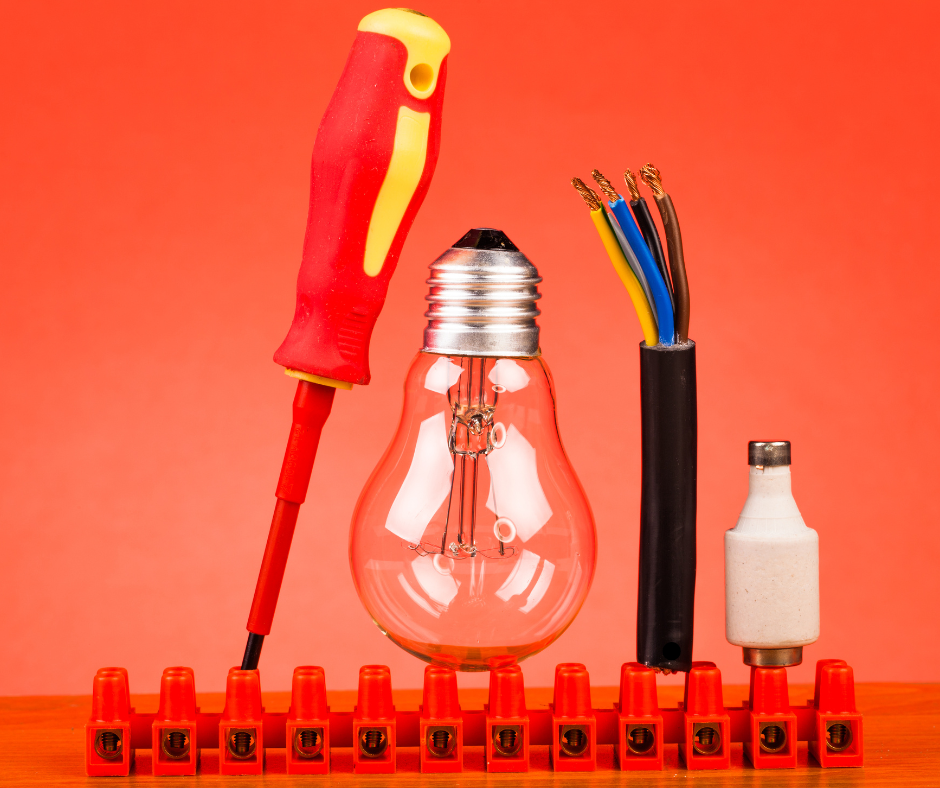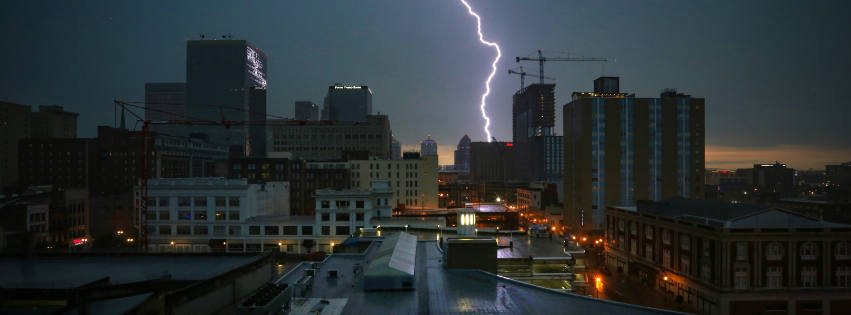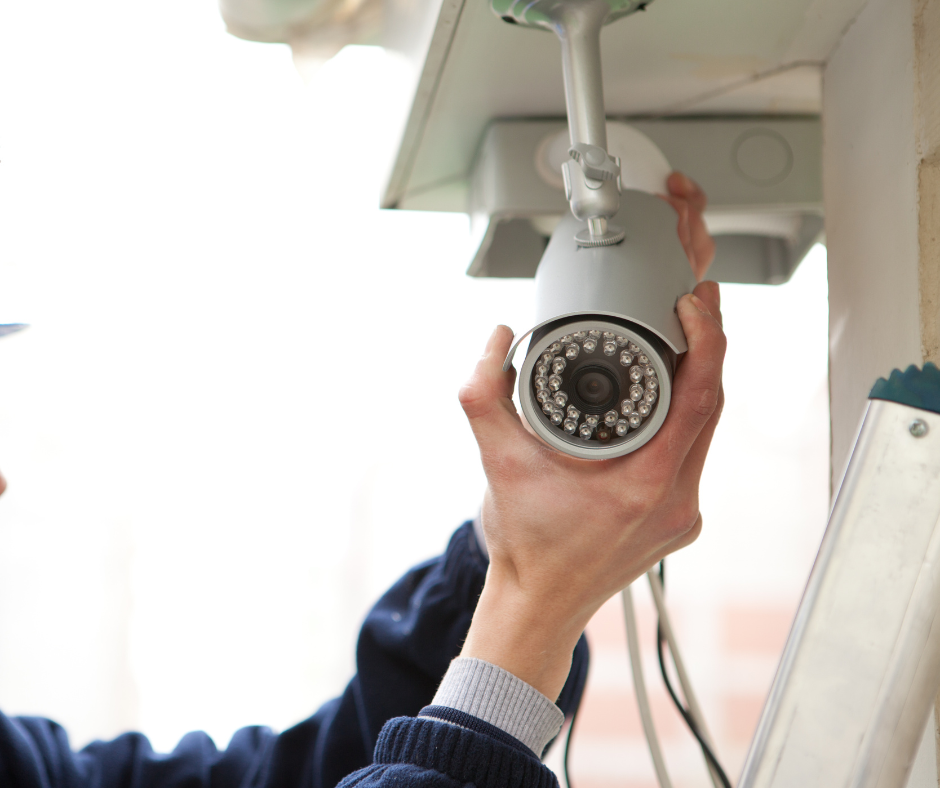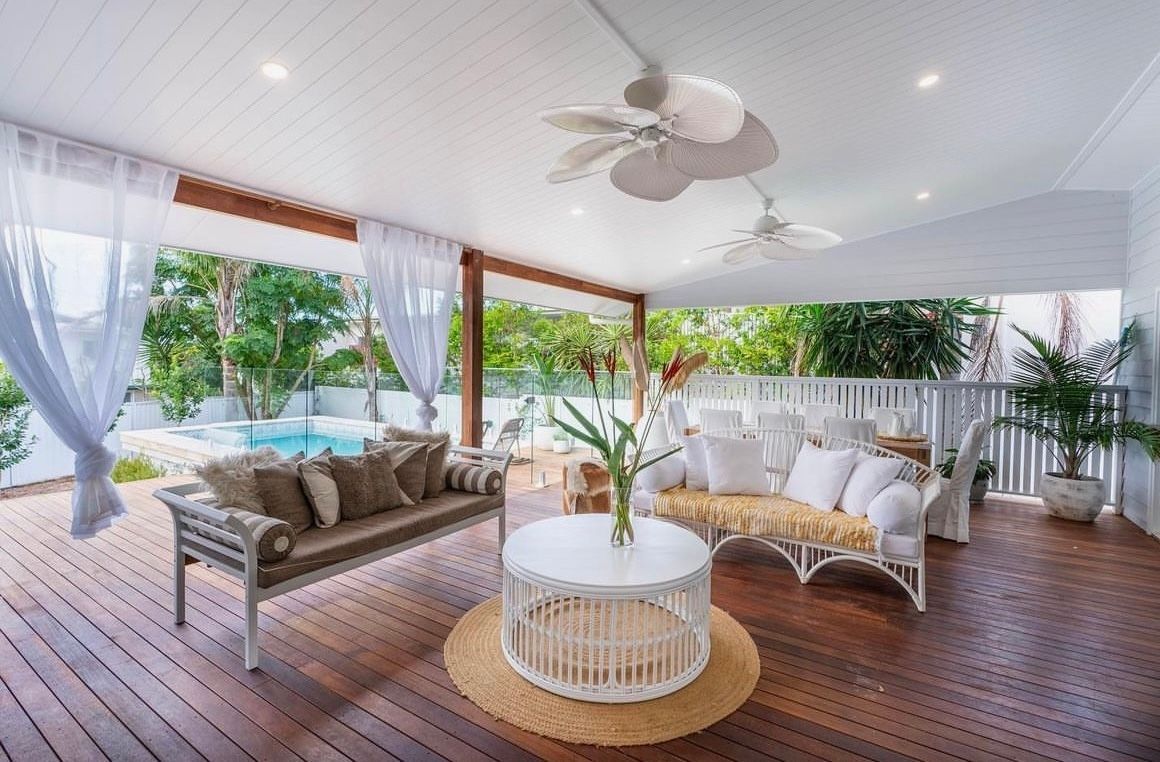Essential Electrical Safety Tips for Your Home

Electricity is a powerful and essential part of our daily lives, but it also comes with significant risks if not handled properly. Whether you're living in a modern home or an older property, ensuring electrical safety is crucial. Here are the top 10 electrical safety tips for Brisbane homeowners to keep your family and property safe.
1. Regularly Inspect Electrical Cords and Appliances
Frayed or damaged cords are a common cause of electrical fires. Regularly check your electrical appliances and cords for any signs of wear and tear. If you notice any exposed wires or damage, it's best to replace the item or have it repaired by a qualified Brisbane electrician.
2. Avoid Overloading Power Outlets
Overloading power outlets can lead to overheating and potentially cause a fire. Be mindful of how many devices you plug into a single outlet. If you need to use multiple devices, consider using a power strip with a built-in circuit breaker for added safety.
3. Install Smoke Alarms and Test Them Regularly
Smoke alarms are a critical part of home safety, especially in the event of an electrical fire. Ensure you have smoke alarms installed in key areas of your home, such as the kitchen, bedrooms, and hallways. Test them monthly and replace the batteries at least once a year.
4. Use the Correct Wattage for Light Bulbs
Always use the correct wattage light bulbs for your lamps and fixtures. Using a higher wattage bulb than recommended can lead to overheating and increase the risk of fire. Check the manufacturer's instructions or consult an electrician Brisbane Southside for advice on the correct wattage.
5. Unplug Appliances When Not in Use
Unplugging appliances when they are not in use not only saves energy but also reduces the risk of an electrical fire. This is particularly important for small kitchen appliances, space heaters, and other devices that generate heat.
6. Keep Electrical Devices Away from Water
Water and electricity are a dangerous combination. Keep all electrical devices, such as hair dryers, shavers, and radios, away from water sources like sinks, bathtubs, and showers. If an appliance falls into water, do not attempt to retrieve it until the power is turned off.
7. Be Cautious with DIY Electrical Work
While it's tempting to tackle electrical repairs on your own, it's best to leave electrical work to the professionals. Improper wiring or installation can lead to serious hazards. If you need electrical repairs or upgrades, hire a licensed electrician Brisbane Southside to ensure the job is done safely and correctly.
8. Keep Flammable Materials Away from Electrical Heaters
If you use electrical heaters, make sure they are placed away from curtains, bedding, and other flammable materials. Heaters should be placed on a flat, stable surface and never left unattended when in use.
9. Schedule Regular Electrical Inspections
Regular electrical inspections are essential for maintaining the safety of your home's electrical system. A qualified Brisbane electrician can identify potential hazards and ensure that your wiring, outlets, and appliances meet safety standards.
10. Ensure Proper Maintenance of Electrical Appliances
Regular maintenance of your electrical appliances is crucial to ensure their safe and efficient operation. Over time, wear and tear can cause appliances to malfunction, leading to potential hazards such as short circuits, electrical fires, or even electric shocks. To prevent these dangers, inspect your appliances regularly for any signs of damage, like frayed cords, exposed wires, or overheating.
By following these electrical safety tips, you can reduce the risk of electrical accidents and create a safer environment for your family. Remember, when in doubt, always consult with a
licensed electrician to handle any electrical concerns you may have. For professional advice and services,
RLC Electrical
is your trusted electrician on Brisbane's Southside, ready to assist with all your electrical needs.
Contact Us
We will get back to you as soon as possible.
Please try again later.
